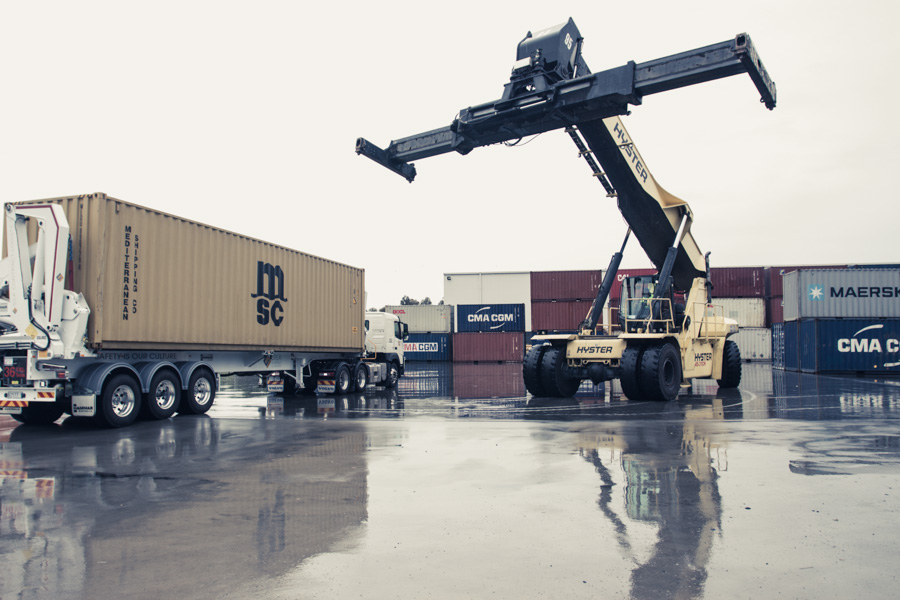News Archive

New SOLAS Regulations – How do They Affect Us?
You may or may not be aware that as of July 1st, new amendments to the International Convention for the Safety of Life at Sea (SOLAS) were put into action. After reviewing and revising the current regulations, the International Maritime Organisation implemented specific changes designed to increase safety levels when it comes to shipping goods across waters, thereby aiming to significantly reduce potential dangers and risks presented to containerised cargo and all personnel involved in the transportation process.
10 key regulation elements to know about:
- All cargo must undergo weight verification. Containers being shipped must be accompanied by a signed weight certificate displaying the VGM (Verified Gross Mass) of the container and its contents. The weight must be established and verified well in advance of being loaded onto the vessel to ensure it can be taken into account when the carrier is planning the vessel’s stowage. It is a violation of SOLAS to load any containerised cargo that does not have a signed weight verification certificate.
- There are two permissible methods for weighing cargo. In order to ensure best accuracy in the weighing process, calibrated and certified equipment must be used. There are two options for weighing your cargo:
a. Weigh the entire load of the container once it has been packed; or
b. Weigh the packages to be loaded into the container separately (including all packing material such as pallets and dunnage), then record the tare weight of the container (as is indicated on its door) and add all measurements together. - The most suitable weighing method for your cargo should be implemented. It is imperative to determine the best weighing method depending on the goods that need to be transported. For instance, items such as unbagged grain and scrap metal are best weighed using the first method.
- Weight cannot be estimated. It is the duty of the party who is packing the container to weigh its contents. They cannot rely on a weight somebody else has provided or simply make educated estimations – rather, they must use weighing equipment that meets National Certification and Calibration requirements to ensure best accuracy for the sake of optimal safety.
- Penalties will incur for cargo that has been transported without a weight verification certificate. Any containerised cargo that does not have the required signed certification will simply not be loaded onto the vessel until it has been cleared with the necessary VGM. This likely results in additional costs for weighing, repacking and administration services.
With the new regulations in place, it becomes even more imperative to make sure you are employing a reliable logistics company to carry out your shipping processes. Silk Logistics has invested in the necessary weighing equipment to meet all certification requirements and align with all updated regulations. We have the expertise to pack and weigh your cargo using the most efficient methods tailored to your specific needs. Clients across the country can entrust that their business goods are being transported under the appropriate regulations when they choose Silk, thereby ensuring safety compliance and delivery of their goods within the desired timeframe.
BACK TO NEWSSearch
https://www.silklogistics.com.auPopular Posts
Archives
- August 2020 (1)
- June 2020 (1)
- August 2019 (2)
- September 2017 (1)
- August 2017 (4)
- July 2016 (3)
GET IN TOUCH TODAY
Silk Contract Logistics’ focus on selected industry sectors provides our customers with enhanced benefits and a competitive advantage.
CONTACT US